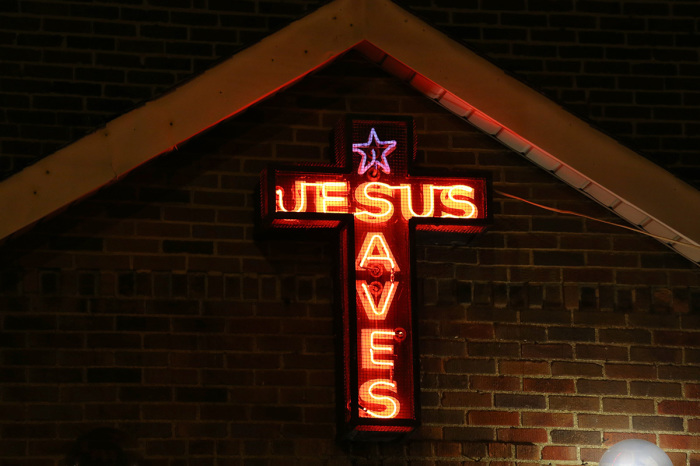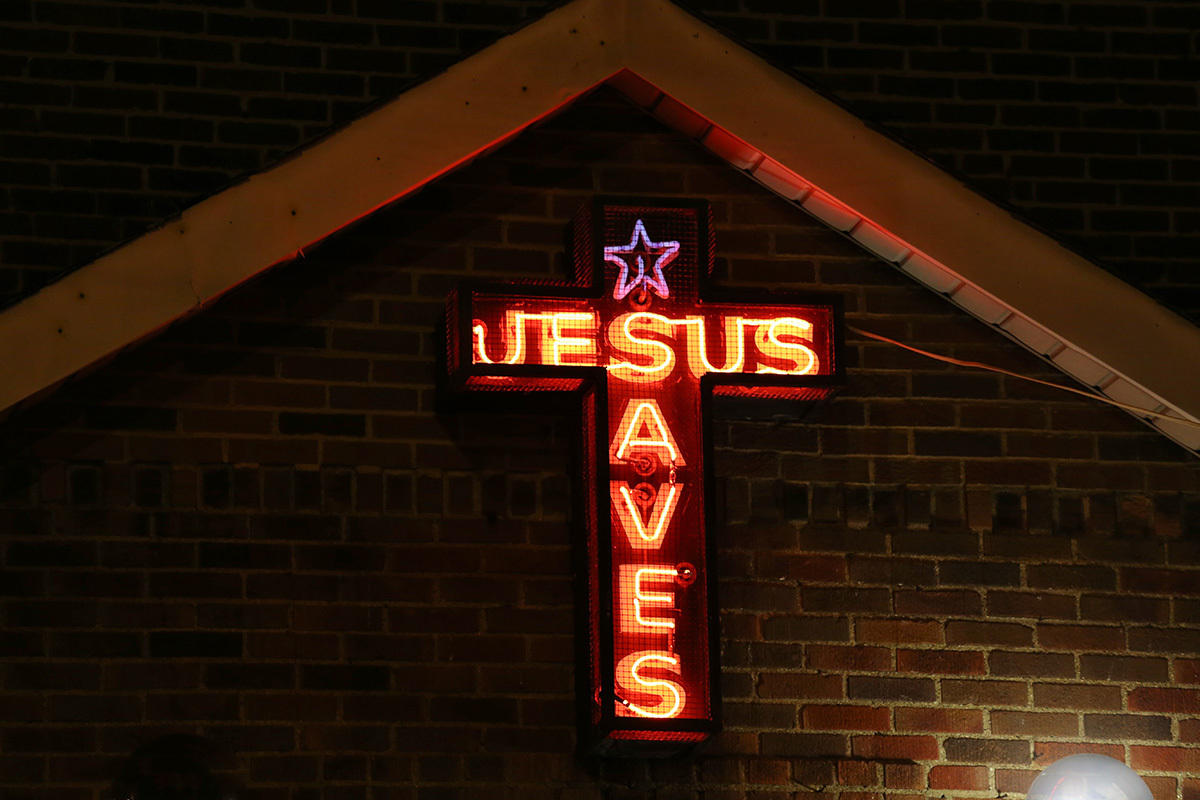
As America navigates a rapidly changing spiritual landscape, one truth remains constant: the person of Jesus of Nazareth has an ageless attraction, even for those wary of religion itself.
In a striking shift amid declining trust in organized religion, a new Barna Group study signals a surge in Americans’ commitment to Jesus, with younger generations leading the charge. The research, part of the State of the Church 2025 initiative, finds 66% of U.S. adults affirm a personal commitment to Jesus that remains vital, a 12-point leap from 2021’s record low of 54%.
“This is the clearest trend we’ve seen in more than a decade pointing to spiritual renewal,” said David Kinnaman, CEO of Barna, noting the data equates to roughly 30 million more Jesus followers since 2021. “Undeniably, there is renewed interest in Jesus.”
According to the survey, revival is most pronounced among Gen Zers (born 1999–2015) and millennials (born 1984–1998), bucking decades of Barna data that pegged older generations like boomers as Christianity’s stalwarts. Among Gen Z men, commitment to Jesus spiked 15 points since 2019, while millennial men saw a 19-point jump. Women, particularly in the boomer and Gen X categories, have “remained mostly flat in their commitment levels to Jesus,” the study found.
Interestingly, this “commitment to Jesus” is higher than ever among those who don’t identify as Christian: roughly 3 in 10 people — a number which Kinnaman says is near an all-time high — who don’t identify as Christian say they have made a “personal commitment to Jesus.”
“We are seeing interest in Jesus that is growing among those who do not otherwise describe themselves as Christians, indicating that many of the new followers of Jesus are not just ‘recycled’ believers,” said Kinnaman. “Along with younger generations coming to Jesus, this is another strong sign that interest in Jesus is brewing in new population segments of society.”
This echoes Barna’s 2017 findings on the “spiritual but not religious,” where openness to Jesus often sidesteps church pews or Christian identity. The pandemic, Kinnaman posits, might have catalyzed this shift. “It disrupted life for everyone, creating space for existential questions and the pursuit of meaning,” he said. Cultural phenomena like “The Chosen” and the controversial “He Gets Us” campaigns, alongside grassroots campus movements, might also amplify Jesus’ appeal, though Barna hasn’t directly studied their impact.
For church leaders, the data is a double-edged sword. The openness to Jesus offers fertile ground for ministry, but it’s unlikely to boost Sunday attendance or mirror past revivals. “The increase in commitment to Jesus among those under 40 suggests a growing spirituality that is quiet, personal, unconventional and hopeful, but also challenging,” Kinnaman said. “Christians should be encouraged to hold greater confidence in the gospel and to meet this significant opportunity by cultivating deep-rooted discipleship.”
Why this renewal is unfolding remains harder to pin down. “While social research can effectively track trends, it may not always identify the root causes,” Kinnaman admitted.
Barna’s findings draw from 130,029 interviews over 25 years, including 3,579 conducted in early 2025, with quota sampling ensuring demographic balance.








